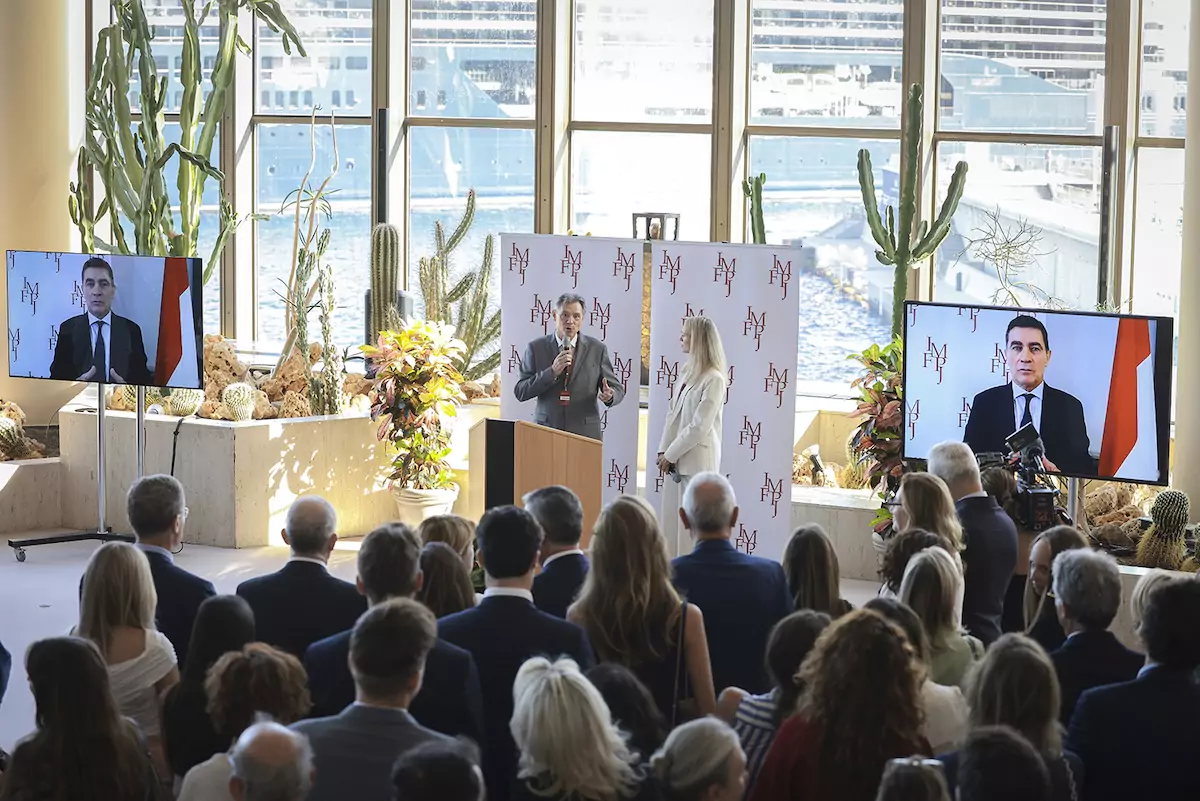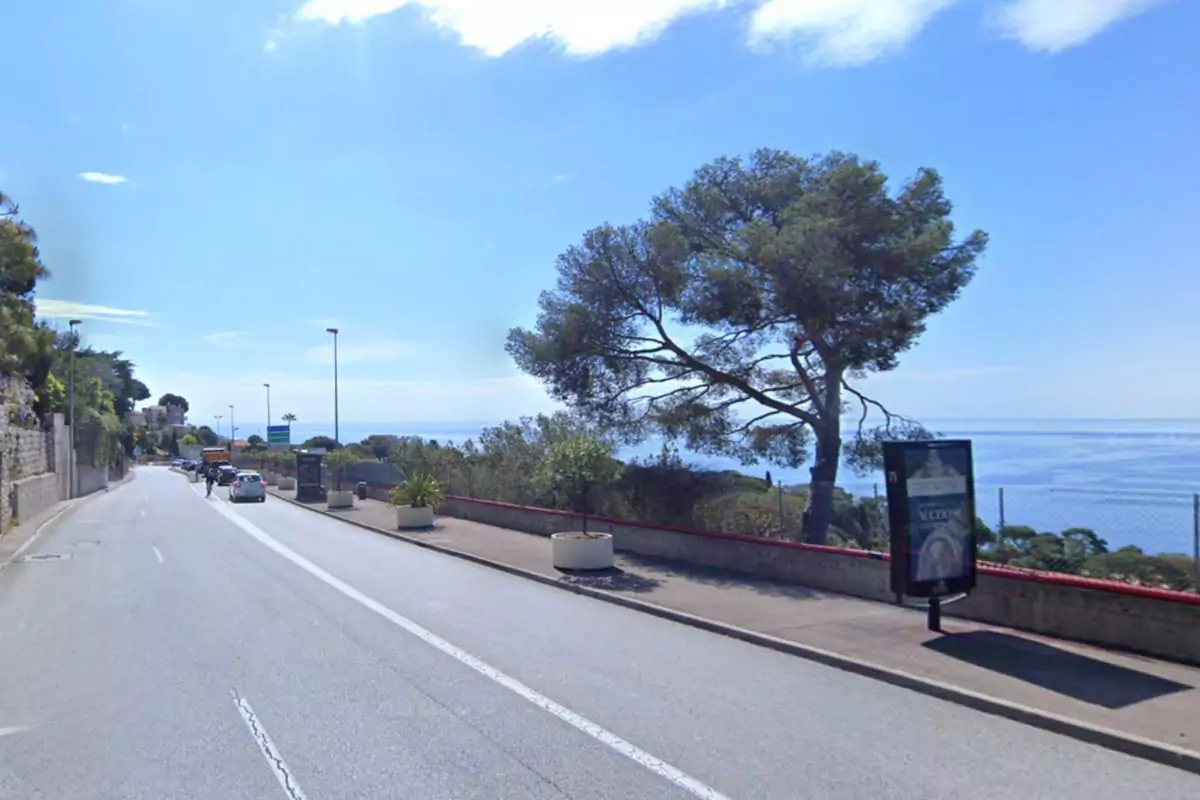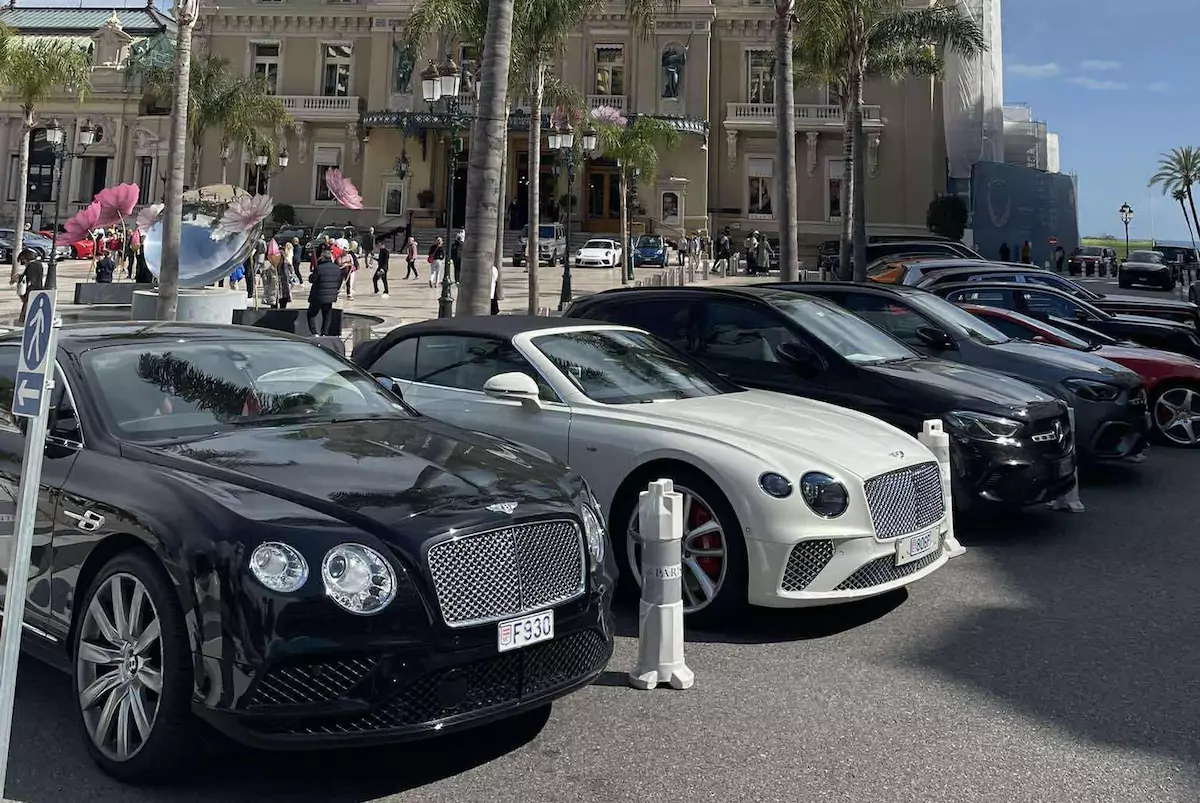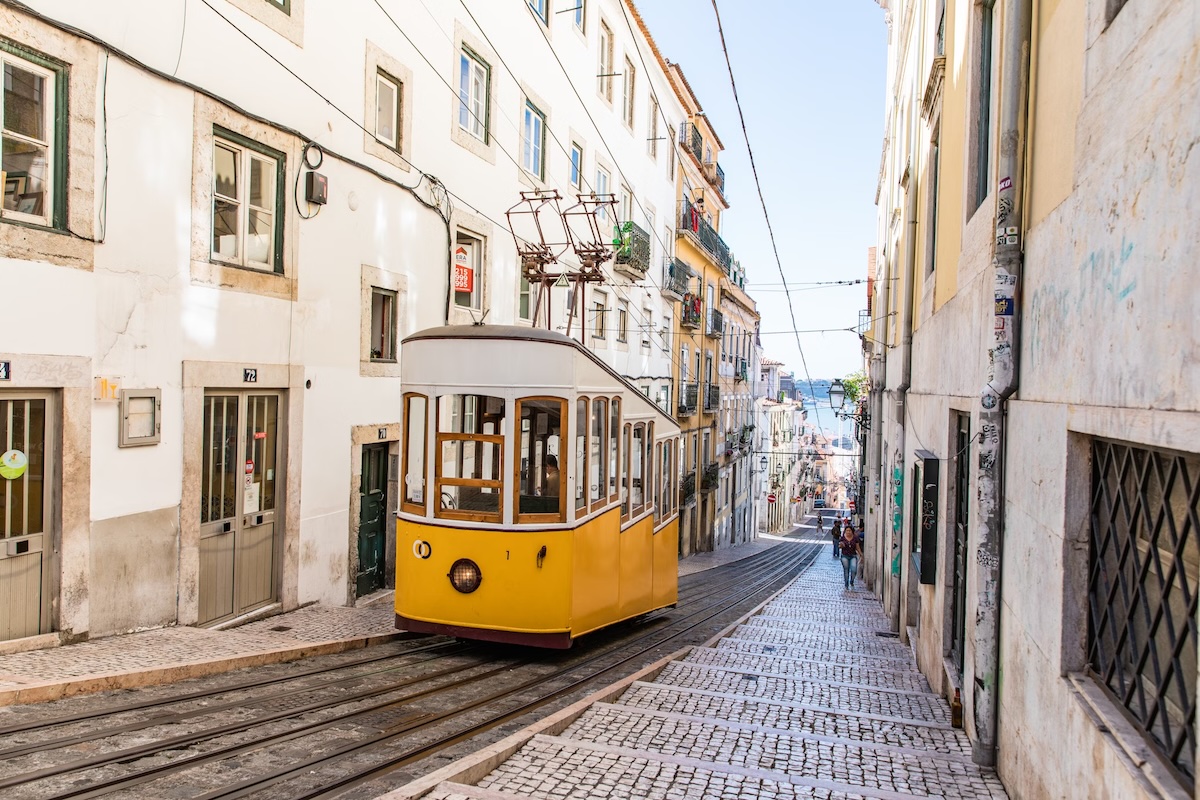Monaco’s public schools are stepping up their fight against smartphone addiction with the introduction of ‘No phone’, a bespoke magnetic pouch system that allows students to keep their devices close but not accessible throughout the school day.
The new measure, announced on Wednesday 3rd September during a back-to-school conference by Education Director Jean-Philippe Vinci, targets students from CM2 through to Terminale. The system is straightforward: students arrive at school with their phones, place them in a secure magnetic pouch provided by the school, seal it, and carry the now-inaccessible device throughout the day. The pouch is unlocked using a magnetic release as they leave school.
“It’s about learning to use digital tools reasonably and thoughtfully while mastering their effects,” explained Vinci, while highlighting that this is an educational rather than punitive approach. Vinci described the initiative as helping students break free from what he termed as “the digital pacifier” or “security blanket”.
The NoPhone system sees Monaco catching up with – and even improving upon – France’s own ‘portable en pause’ initiative, which went nationwide on 1st September after a successful trial across 100 schools.
While France’s initiative leaves it up to each school to decide how to enforce the measure, Monaco’s magnetic pouch offers key advantages, according to the government: no confiscation conflict, preserved student responsibility, and respect for autonomy – all while helping to restore focus.
Early data from French trials has shown promising results that Monaco aims to replicate: a 42% rise in average attention levels, three times fewer phone-related incidents, and 68% of students feeling calmer during the day. Parents appear supportive too, with 83% saying the system reassures them.
Private schools already ahead
While Monaco’s public schools will now implement the pouch technology, the International School of Monaco (ISM) tells Monaco Life that it has been operating a comprehensive phone ban for years. Their approach is quite straightforward: complete physical handover.
“Every morning, ISM students in Years 7 to 13 physically hand their phones in for the full school day,” confirmed the school administration. The devices are stored securely on campus, completely inaccessible to students until the final bell. Even senior students who leave campus for lunch must hand phones back upon return.
“We have seen the positive impact this has had on students,” ISM notes, though they’re keeping an eye on Monaco’s pouch technology as a potential addition to their existing measures.
The move comes as part of a broader campaign against what Vinci calls the “anxious generation”, a reference to increasing mental health concerns among young people. It’s a way of creating alternative spaces and resistance against the pressures of our hyper-connected world. The goal isn’t to demonise technology but rather to establish schools as “deceleration spaces where learning takes time”.
See also:
Mobile phone ban in collèges: what parents and students need to know
Stay updated with Monaco Life: sign up for our free newsletter, catch our podcast on Spotify, and follow us across Facebook, Instagram, LinkedIn, and Tik Tok.
Main photo of Education Director Jean-Philippe Vinci showcasing how the magnetic pouch works, by Monaco Life.





